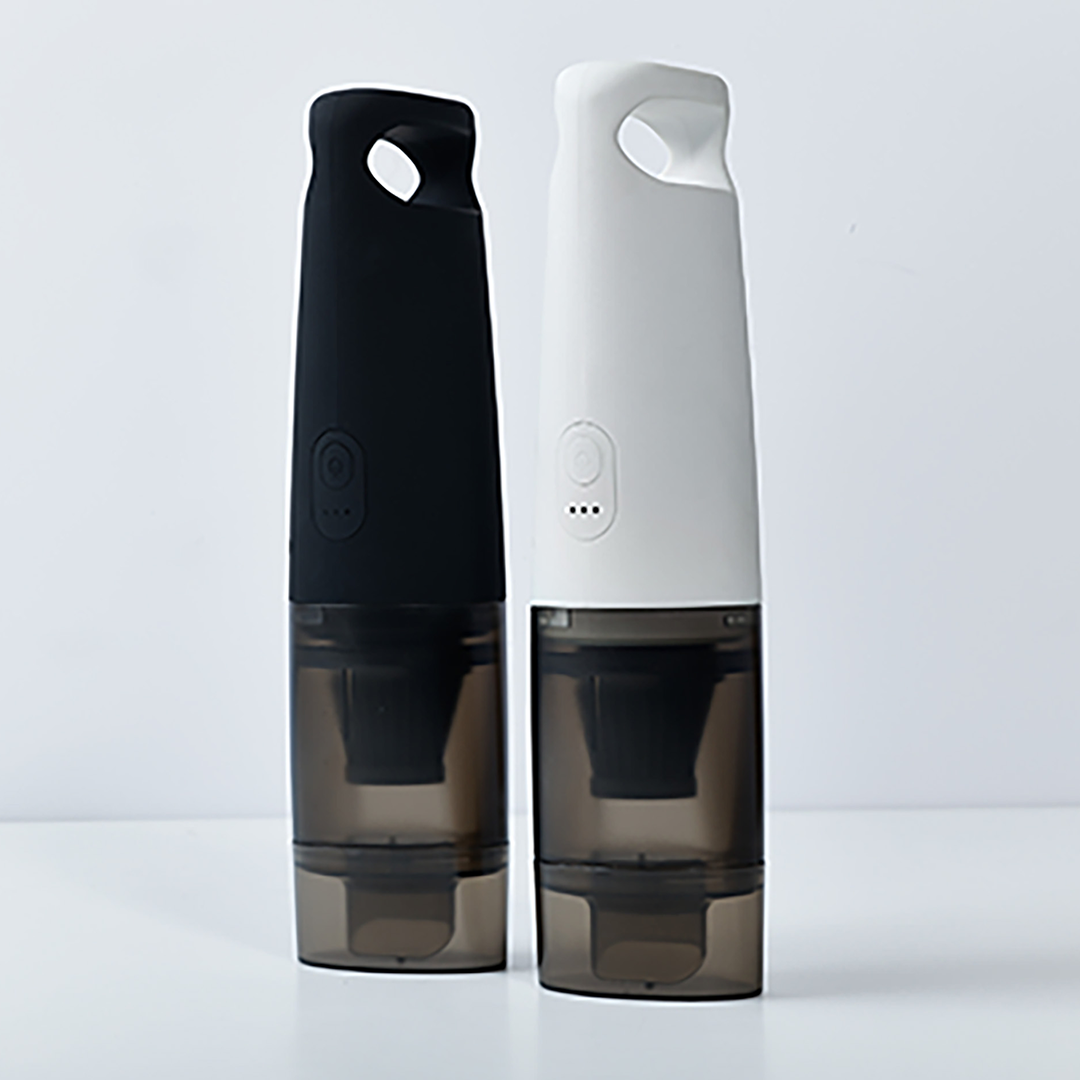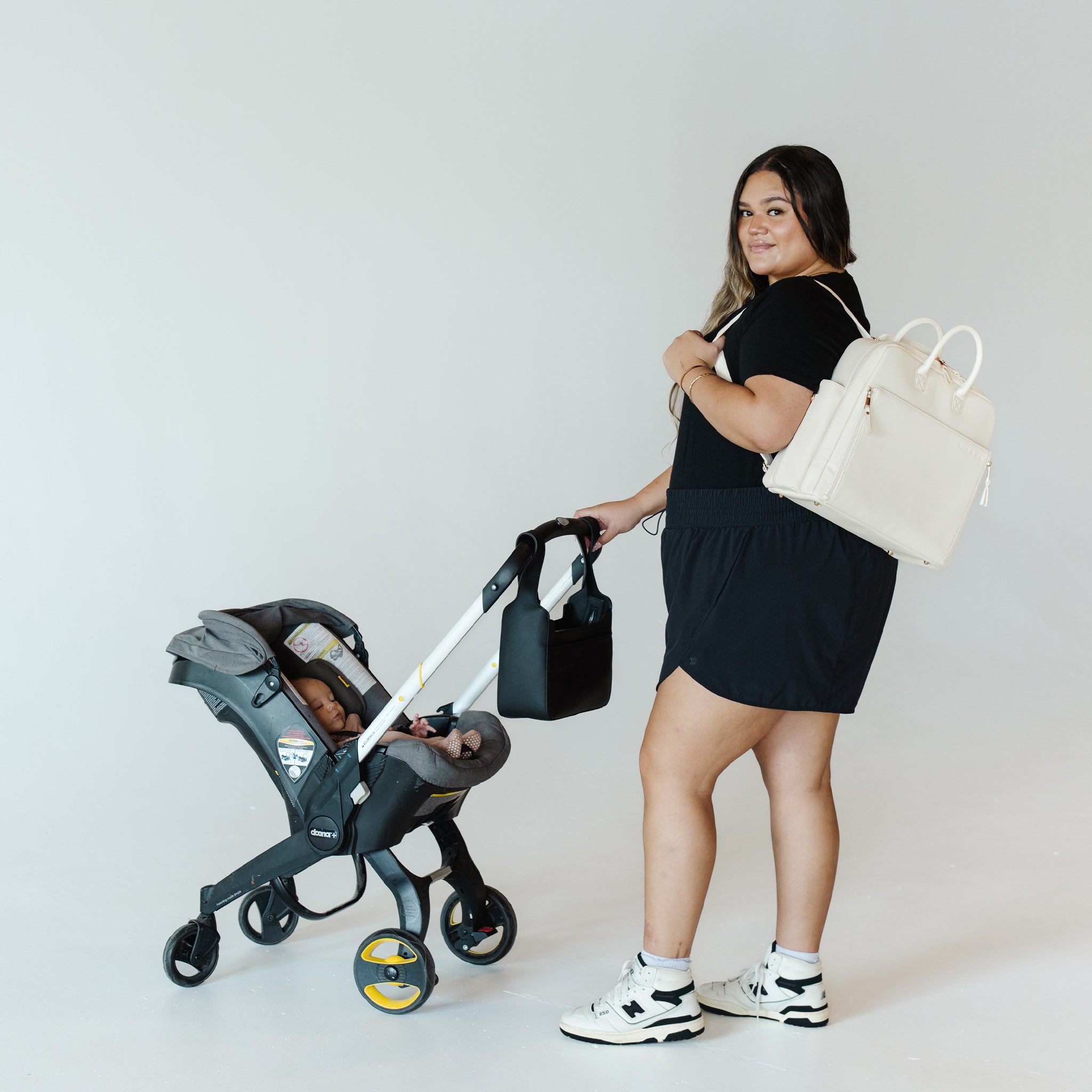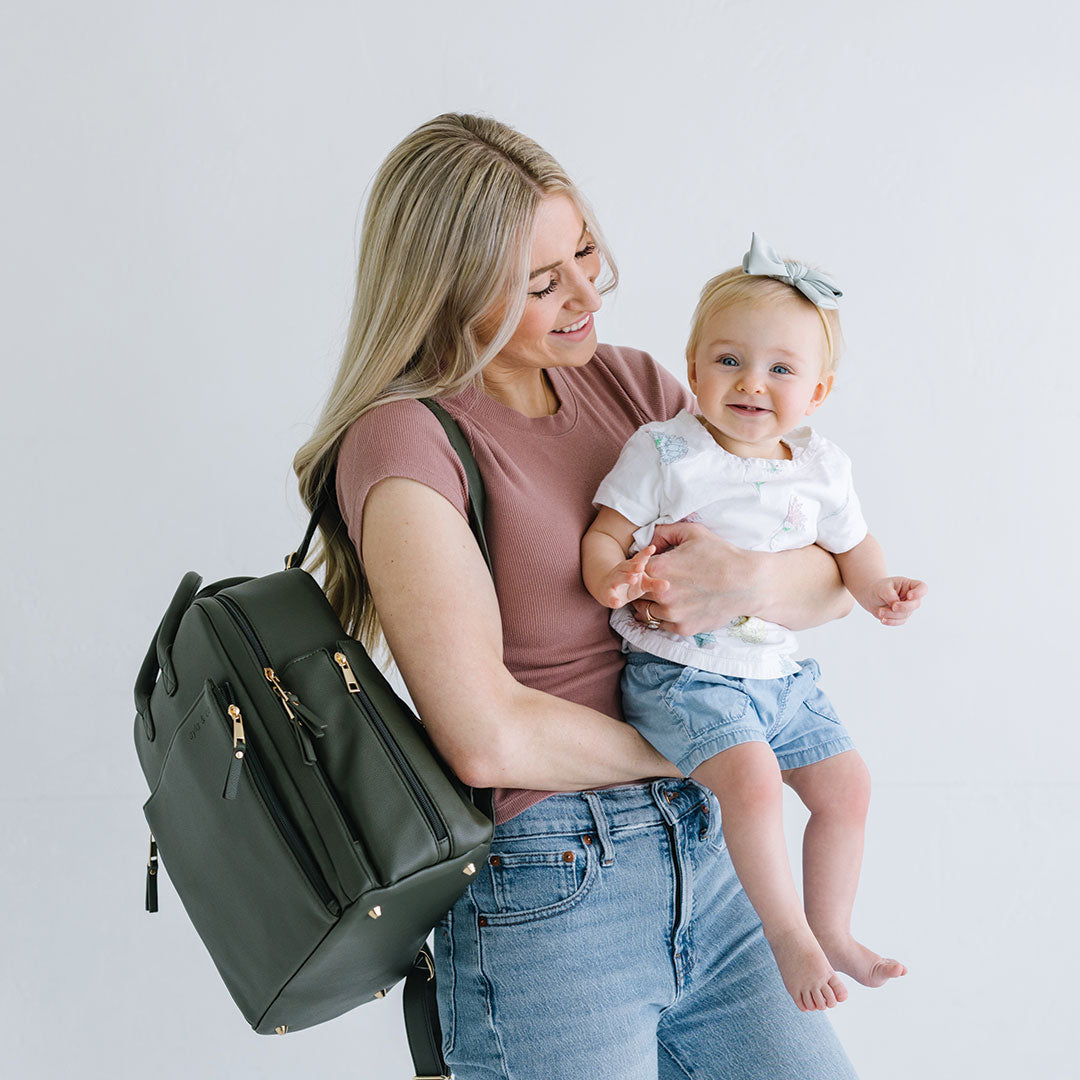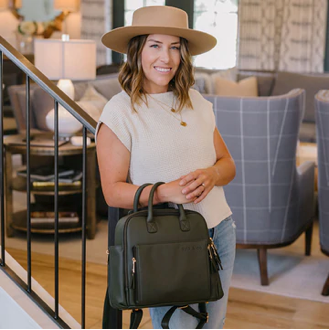
Facts About Postpartum Depression
Today on the Ayla Blog we’re talking about something that can affect many moms, postpartum depression. While much stigma, around postpartum depression, has been dismissed in recent years there is still more to dismantle. First and foremost, do not struggle alone! It’s not your fault that you are depressed, and being depressed does not make you a bad parent. Please reach out to your healthcare provider for help, it’s always okay to ask for help.
What is Postpartum Depression?
Postpartum depression is a more intense feeling of sadness, despair, anxiety, and irritability. These symptoms are longer lasting and can happen anytime within the first year after childbirth.

image: Medical News Today
Are baby blues the same as postpartum depression?
No, most women experience baby blues right after childbirth. Feeling stressed, sad, anxious, lonely, tired, or weepy after their child’s birth.
How many women suffer from baby blues?
About 50% of mother’s experience baby blues after giving birth.
How long do baby blues last?
The baby blues tend to last about 1-2 weeks.
Do the baby blues go away on its own?
Baby blues do not require assistance from a healthcare professional. Once post-pregnancy hormones slow down women tend to feel back to their normal self. However, if you feel like you’re not, contact a healthcare professional.

image: Very Well Mind
When can you get postpartum depression?
Postpartum depression can come on days or even months after giving birth.
How common is postpartum depression?
About 10-20% of women, or 1 in 7 women experience postpartum depression after giving birth. About half of women who are diagnosed with postpartum depression report this as their first episode of depression.
Does postpartum depression go away on its own?
No, it doesn’t clear up on its own. If left untreated, it can last for many weeks, months, or years.
Who can get postpartum depression?
Postpartum depression can affect any woman who has a baby. I can affect women who experience easy pregnancies or problematic pregnancies, first time moms or mom’s with more children, married women or unmarried women. Postpartum depression can affect women regardless of race, age, income, ethnicity, culture, or education.

image: iStock
What are the symptoms of postpartum depression?
Symptoms of postpartum depression are different for everyone, but can include many things like:
- Anxiety, all or most of the time
- Panic attacks
- Feeling guilty or worthless
- Difficulty bonding with baby
- Excessive irritability
- Mood swings
- Sadness, crying uncontrollably for long periods of time
- Fear of not being a good mother
- Fear of being left alone with baby
- Misery
- Unable to sleep - or sleeping too much
- Disinterest in baby, family, or friends
- Difficulty concentrating, remembering details, or making decisions
- Thoughts of hurting yourself, baby, or others
- Eating much more - or eating much less
- Loss of pleasure or interest in things you normally enjoy

image: Women's Health
When should I seek help?
If you experience any of the warning signs above for longer than 2 weeks, you may need to seek help. Even if your symptoms are mild or severe, help is possible with proper treatment. Many women feel reluctant or embarrassed to seek help with postpartum depression, but it is very common, and with the right treatment can have very good outcomes.
What does help look like?
Treatment or help for postpartum depression can look like a lot of different things, including:
- Talking therapies
- Medication
- Different types of counseling to address other things that can contributing to postpartum depression
- Connecting with other new moms
- Taking time for yourself
- Accepting or asking for help from your family and friends

image: Walnut Hills OBGYN
There is always help and resources. Sometimes the hardest barrier to cross is asking for help. Remember it takes a village and there are many ways to find help and assistance, and there is always someone who loves you and wants to help! You are needed! If are thinking of harming yourself or your baby, put your baby down in a crib and immediately call family, friends, loved ones, your physician or any of the following help lines:
- 1-800-SUICIDE - 1-800-784-2433
- 1-800-273-TALK - 1-800-273-8255
- 1-800-PPD-MOMS - 1-800-773-6667
- SAMHSA National Helpline at 1-800-622-4357









